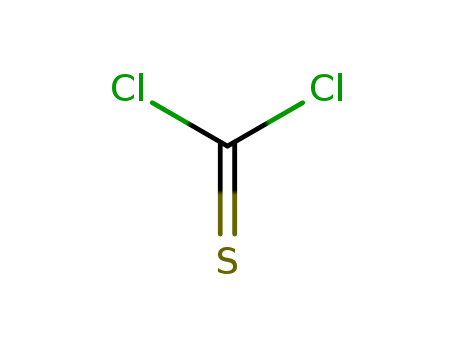10.1007/s00706-008-0873-9
The research focuses on the efficient one-pot synthesis of dithiocarbazates, which are compounds with significant medicinal, industrial, and synthetic applications. The study aimed to improve upon existing methods by using more cost-effective and less toxic reagents, such as carbon disulfide (CS2), instead of the traditionally used, expensive, and hazardous chemicals like thiophosgene. The researchers successfully developed a method that employs benzyl-trimethylammonium hydroxide (Triton-B) as a catalyst for the reaction between various primary, secondary, and tertiary alkyl halides and substituted hydrazines with CS2. This process resulted in high yields of dithiocarbazates (78–98%) under mild conditions and with simpler work-up procedures.






